
Oct 9, 2012 | Advocacy, Non-legal submissions
 The ICJ commented on the UPR of the Russian Federation, addressing issues including torture and ill-treatment, impunity, judicial independence, NGO laws and “homosexual propaganda” bans.
The ICJ commented on the UPR of the Russian Federation, addressing issues including torture and ill-treatment, impunity, judicial independence, NGO laws and “homosexual propaganda” bans.
The International Commission of Jurists has brought to the attention of the Human Rights Council’s Working Group on the UPR and to the Human Rights Council issues concerning:
- prevention of torture and ill-treatment and other gross human rights violations;
- impunity for gross human rights violations;
- independence of the judiciary; amendments to NGO laws;
- non-refoulement; homosexual propaganda bans; and
- Russia’s engagement with international human rights instruments and mechanisms.
Russia-ICJ comments on UPR-non-legal-submission-2012 (download the ICJ submission)
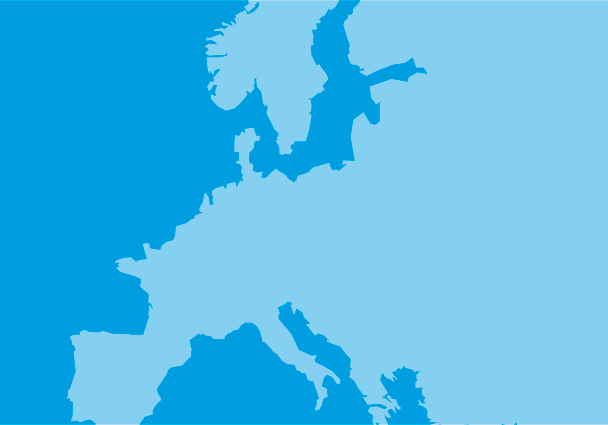
Oct 3, 2012 | News
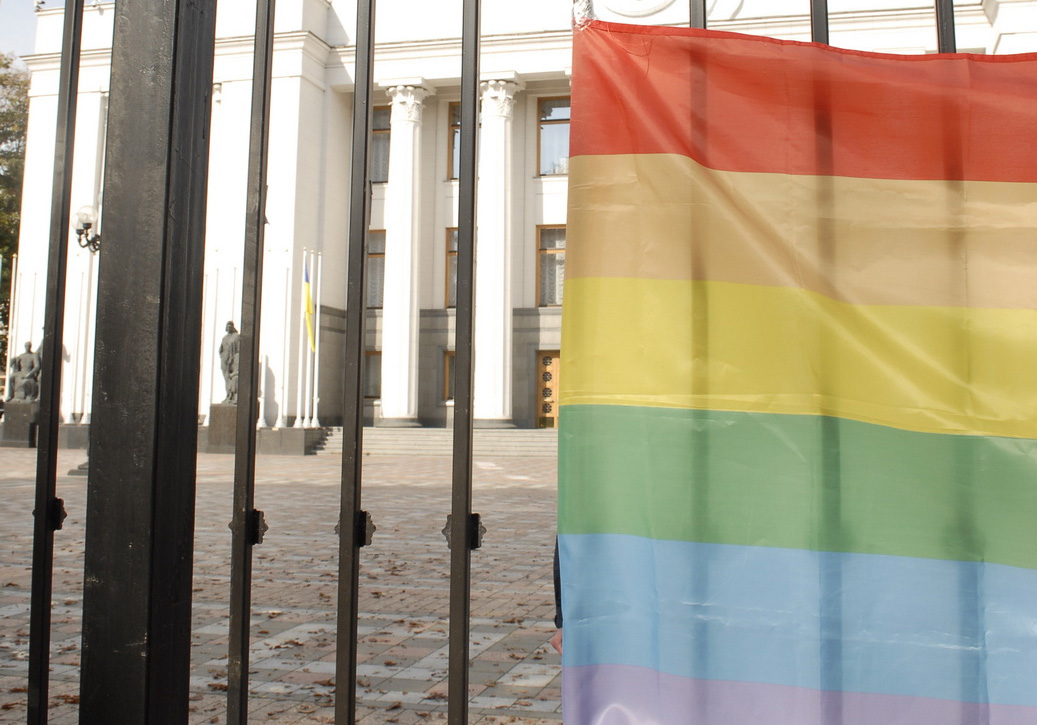 The Verkhovna Rada, the Ukrainian parliament, voted on 2 October 2012 in favor of a bill that would ban “homosexual propaganda”. The ICJ and ILGA-Europe have condemned the draft law and called on Ukrainian authorities not to adopt it. Two hundred and eighty-nine out of 450 members of parliament supported the bill, which is now expected to move for a second round of reading in parliament later this month.
The Verkhovna Rada, the Ukrainian parliament, voted on 2 October 2012 in favor of a bill that would ban “homosexual propaganda”. The ICJ and ILGA-Europe have condemned the draft law and called on Ukrainian authorities not to adopt it. Two hundred and eighty-nine out of 450 members of parliament supported the bill, which is now expected to move for a second round of reading in parliament later this month.
The organisations are deeply concerned about the impact of Draft Law no. 8711 on the rights of lesbian, gay, bisexual and transgender (LGBT) people in Ukraine as well as the rights of everyone to the freedoms of expression, peaceful assembly and association. ICJ and ILGA-Europe urge the Ukrainian parliament to withdraw the bill from its agenda and call on the Chair of the Parliament and the President, who would both need to sign the bill in order for it to become law, to speak out against it.
The bill would modify several existing laws in Ukraine, including criminal law, and introduce sanctions for the import, production and distribution of products that would “promote” homosexuality. “Promotion of homosexuality” is itself undefined. “If voted into law, it would lead to the further marginalisation of the lesbian, gay, bisexual and trans community in the country and would limit the work of human rights defenders,” Evelyne Paradis, Executive Director of ILGA-Europe said.
ILGA-Europe and the ICJ believe that Draft Law no. 8711 is incompatible with international human rights law. First it is so vague that it fails to conform to the requirement that restrictions must be provided for by law. Under the draft law, it is impossible for an individual to determine what kind of expression is banned. Second, the asserted reasons for the “homosexual propaganda” ban fail the tests of proportionality and necessity. In other words, the restriction serves no permissible purpose. Third and finally, the homosexual propaganda ban discriminates against LGBT people by prohibiting public discourse on issues that matter to LGBT lives. “Restrictions on rights may not be discriminatory, and discrimination on the basis of sexual orientation is clearly prohibited under international law,” said Alli Jernow, Senior Legal Adviser of the International Commission of Jurists.
The EU should raise these developments in the context of the monitoring of the implementation of the Visa Liberalisation Action Plan. Parliamentary discussion of this law clearly demonstrates that progress is stalled. If the bill passes a second reading, further negotiations with Ukraine should be delayed or ultimately suspended. We also call on the Council of Europe to unequivocally denounce Draft Law no. 8711 in representations to the Ukrainian government.
The law is expected to be discussed at a second hearing in the coming weeks. After that the Chair of the Parliament and the President would need to sign the bill before it would become official law.
ICJ and ILGA-Europe earlier this year issued a joint briefing paper on “homosexual propaganda bans” that have been enacted or proposed in Europe and other Eastern European countries.
Photo credit: Insight NGO
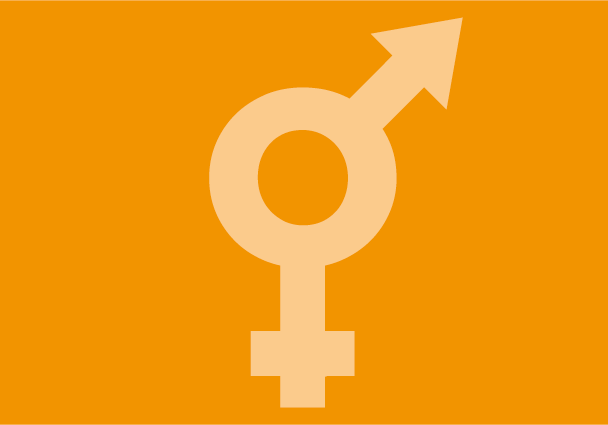
Jun 21, 2012 | Advocacy, Non-legal submissions
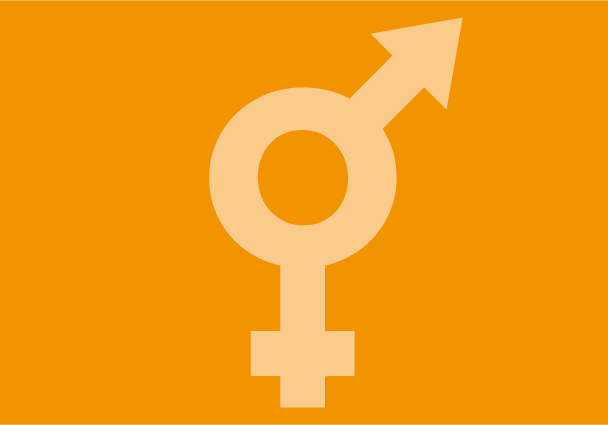 The ICJ statement draws attention to recent laws that threaten the right to freedom of expression of LGBT persons, noting examples that fail the tests of certainty, necessity and non-discrimination.
The ICJ statement draws attention to recent laws that threaten the right to freedom of expression of LGBT persons, noting examples that fail the tests of certainty, necessity and non-discrimination.
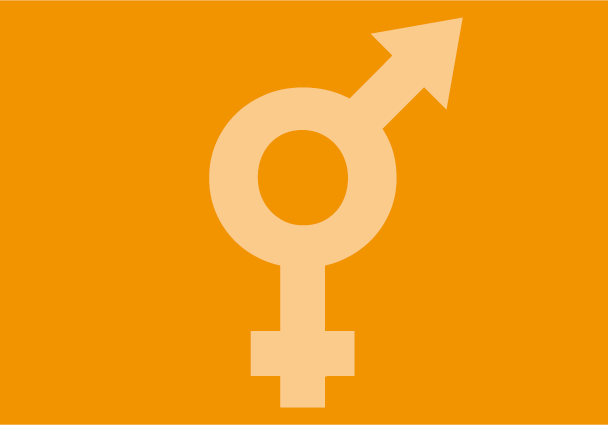
Mar 29, 2012 | Advocacy, Analysis briefs
 During the 19th session of the Human Rights Council, a plenary Panel discussion was convened on discrimination and violence based on sexual orientation and gender identity – the first of its kind.
During the 19th session of the Human Rights Council, a plenary Panel discussion was convened on discrimination and violence based on sexual orientation and gender identity – the first of its kind.
In a joint oral statement with Human Rights Watch and Amnesty International, the ICJ welcomed the study by the Office of the High Commissioner for Human Rights and addressed concerns about the serious mischaracterization of international human rights law by some delegations at the Human Rights Council.
oral statement-analysis brief-2012 (full text in English, PDF)
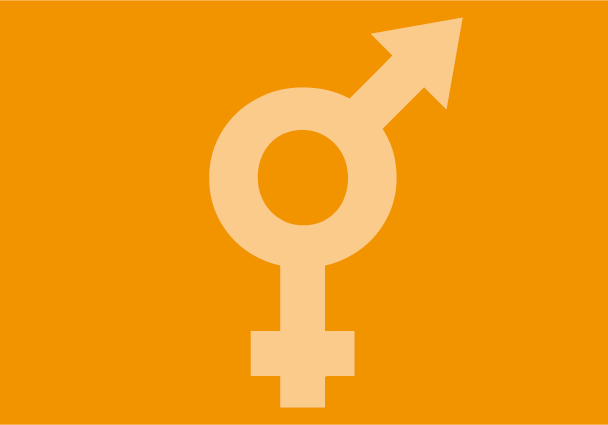
Mar 23, 2012 | News
 The ICJ is pleased with the decision of the Inter-American Court of Human Rights that parental sexual orientation is not a factor in child custody cases.
The ICJ is pleased with the decision of the Inter-American Court of Human Rights that parental sexual orientation is not a factor in child custody cases.
On 20 March the Inter-American Court of Human Rights ruled that parental sexual orientation is not a factor in child custody cases and that Chile had violated Karen Atala’s rights to equality, non-discrimination and privacy when the Supreme Court of Chile removed custody of her three daughters from her because she had begun a relationship with another woman.
In its first sexual orientation case, the Court held that sexual orientation is a protected ground, included under “other social condition” in Article 1 of the American Convention on Human Rights.
The Court further stated that the best interests of the child test could not be used as a pretext for prohibited discrimination in custody cases.
The Court also found that the Supreme Court of Chile’s reliance on stereotypes and prejudices was a violation of the State’s obligation to protect rights. Finally, the Court stated that the American Convention did not protect a specific form of traditional family and that states must recognize diverse family structures.
The International Commission of Jurists was called by the Inter-American Commission as an expert and submitted written and oral testimony on the role of parental sexual orientation as a factor in child custody cases.
Decision:
(http://www.corteidh.or.cr/docs/casos/articulos/seriec_239_esp.pdf)
Expert Submission:
(https://www.icj.org/dwn/database/Jernow%20Written%20Submission.pdf)

 The ICJ commented on the UPR of the Russian Federation, addressing issues including torture and ill-treatment, impunity, judicial independence, NGO laws and “homosexual propaganda” bans.
The ICJ commented on the UPR of the Russian Federation, addressing issues including torture and ill-treatment, impunity, judicial independence, NGO laws and “homosexual propaganda” bans.









